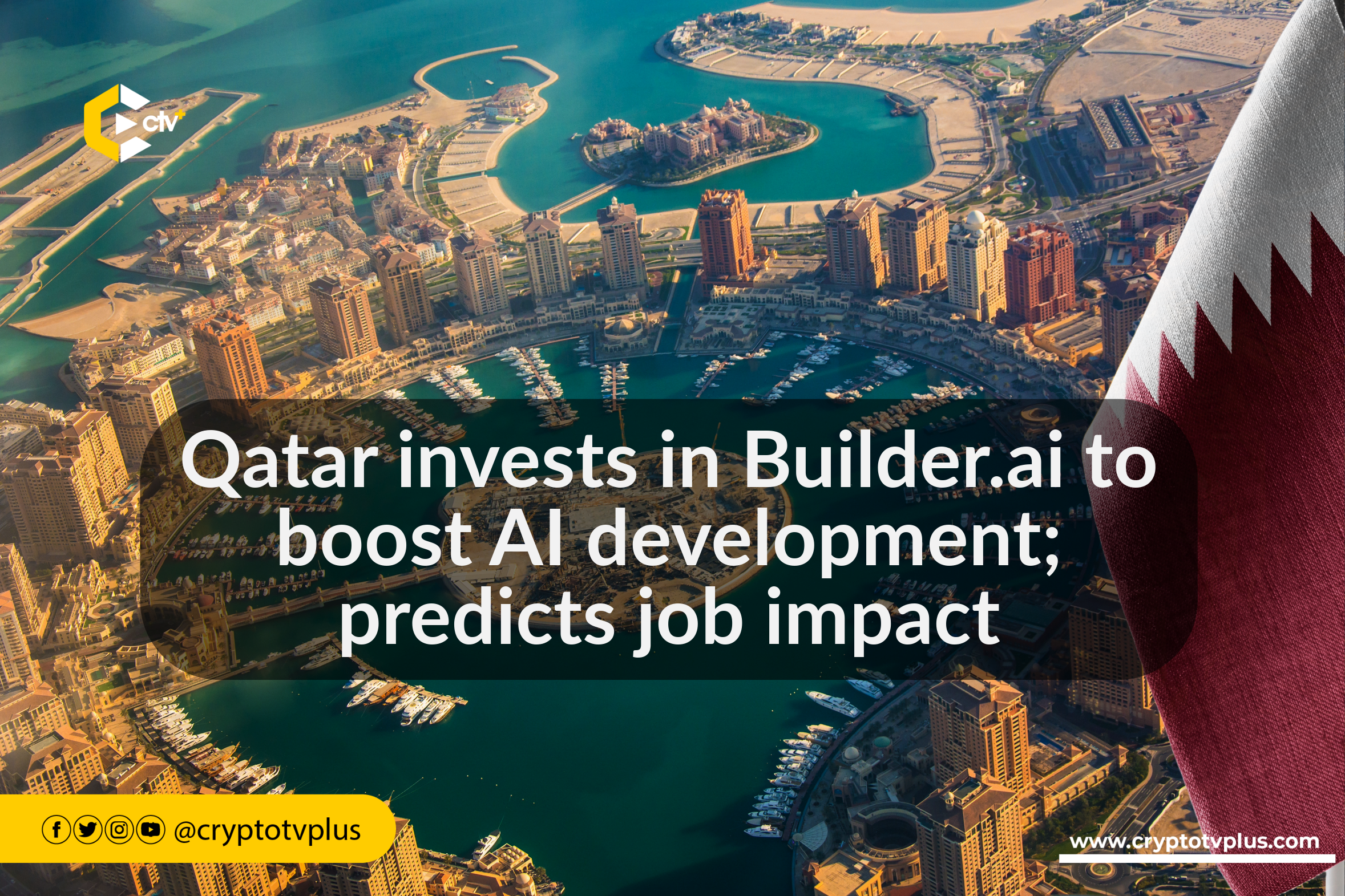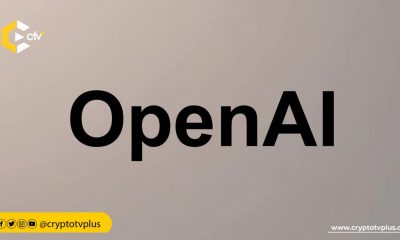News
Qatar invests in Builder.ai to boost AI development; predicts job impact

The inaugural day of the Wow Summit Qatar commenced with an engaging exploration of the present landscape of Artificial Intelligence (AI), showcasing influential figures in the industry.
Among the sessions, Julia Sieger, a journalist, and presenter affiliated with France 24, anchored a compelling discussion.
This particular segment had Sachin Dev Duggal, the Founder & Chief Wizard of Builder.ai, and Mohammed Al-Hardan, the Head of Tech at Qatar Investment Authority.
The focus of their conversation was on elucidating Qatar’s strategic investment in Builder.ai and its implications for regional development.
Builder.ai is a platform that allows users to build tailor-made software without the need for technical expertise.
The platform uses AI to generate the right screens for prototypes, making it easier for users to create web or native mobile apps in a modular fashion.
Builder.ai offers its services to both small and larger businesses and has partnerships with companies like JP Morgan & Chase and Etisalat UAE.
The company has raised over $450 million in funding and is committed to employing human conversation to allow people to build apps on its platform.
Qatar $250 million investment in Builder.ai
An intriguing highlight of the event was the revelation that Builder.ai recently secured a substantial $250 million in Series D funding, led by the Qatar Investment Authority.
Mohammed Al-Hardan explained that the decision to invest in Builder.ai was based on the company’s capability to reduce the cost and time required to develop applications.
The Qatar Investment Authority expressed confidence in Builder.ai’s use of AI, a crucial factor in their diligence process.
This cost reduction allows entrepreneurs, enterprises, and founders easier access to the digital economy.
One key aspect that attracted investors was Builder.ai’s actual use of AI technology, unlike some companies that merely had AI in their name without utilizing it effectively.
However, like many AI startups, Builder.ai faces risks due to the rapidly changing nature of AI technology and evolving use cases.
Predictions on AI impact on jobs and industries
In discussing the impact of AI on employment, both speakers recognized the possibility of structural unemployment.
Mohammed Al-Hardan specifically forecasted that jobs that primarily involve repetitive tasks could be the first to face risks due to the implementation of AI technologies.
In response to this potential shift, he highlighted the need for humans to adapt and evolve in their roles. According to Al-Hardan, this evolution would entail a shift in focus, with individuals placing greater emphasis on skills related to creativity and emotional intelligence.
Regulation challenges and educational imperatives
The conversation also delved into the complexities of regulating AI, with highlights from the shared viewpoint of both speakers on the challenges posed by the evolution of technology. They agreed that regulators face a risk of misunderstanding the intricacies of AI due to its rapid advancements.
They also stressed the importance of regulators gaining a nuanced understanding of the technology and its diverse applications to formulate effective and informed regulations.
The session ended with a reflection on the pressing need for educational reform. Sachin voiced concern about the sluggish pace of change in the current education system.
He called out the critical necessity of preparing the younger generation for a future where the pace of technological change is expected to accelerate.
Read also; Top crypto exchanges registered in UAE

























Pingback: The Future of AI: Insights from Qatar's Investment in Builder.ai - Youmobs
Pingback: Builderai Success: Sachin Dev Duggal's Qatar Investment - Youmobs
Pingback: Vickysmithh | Pearltrees